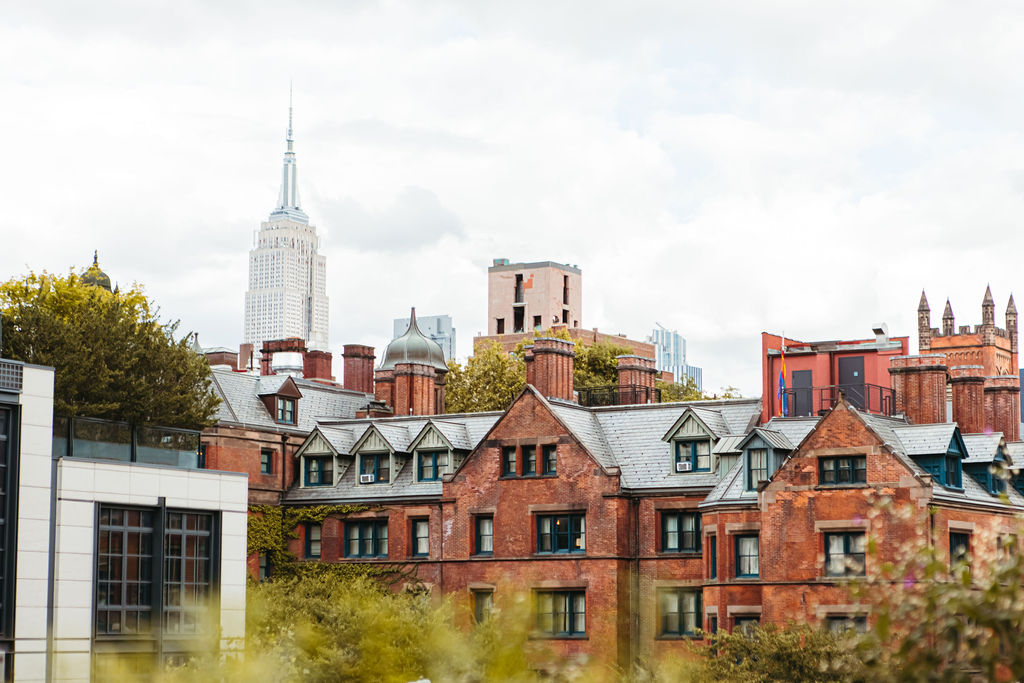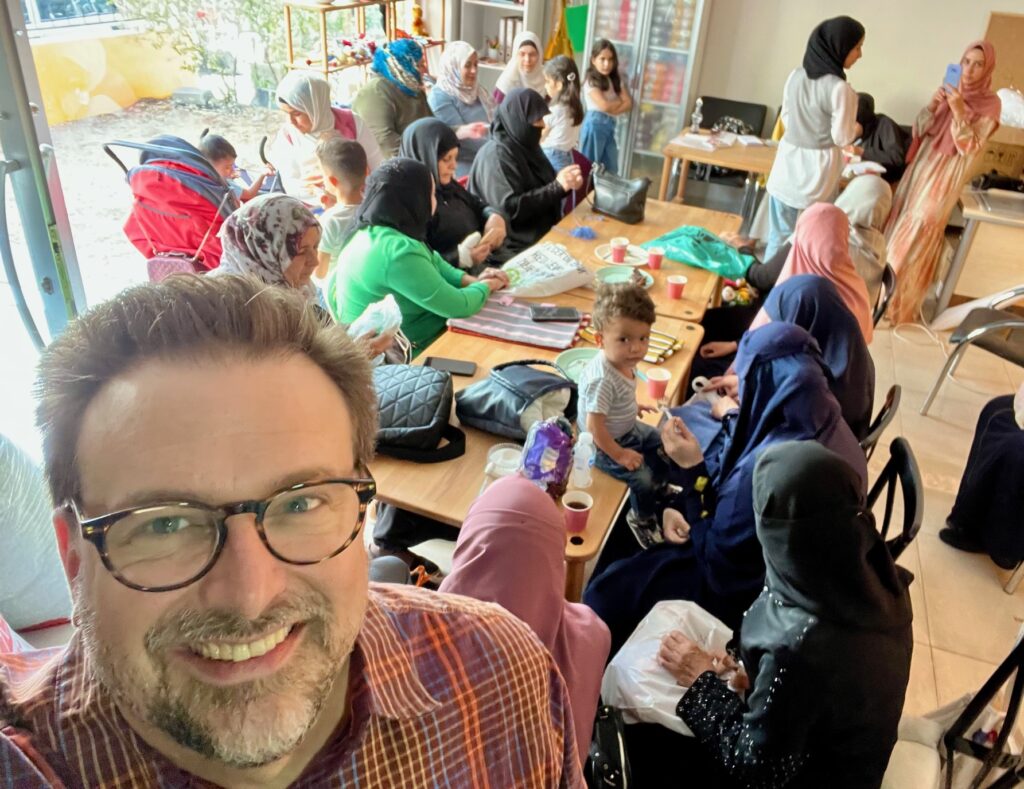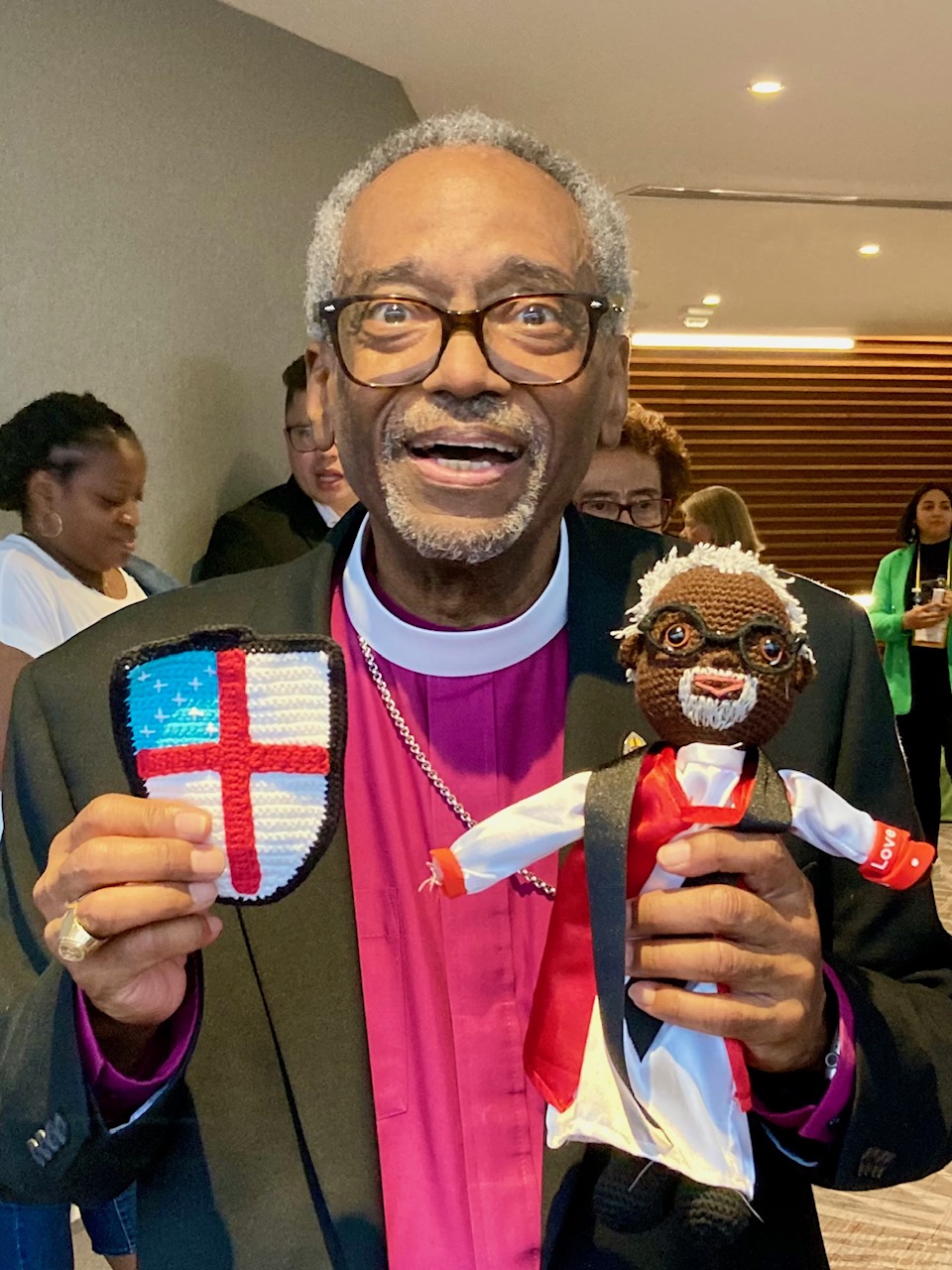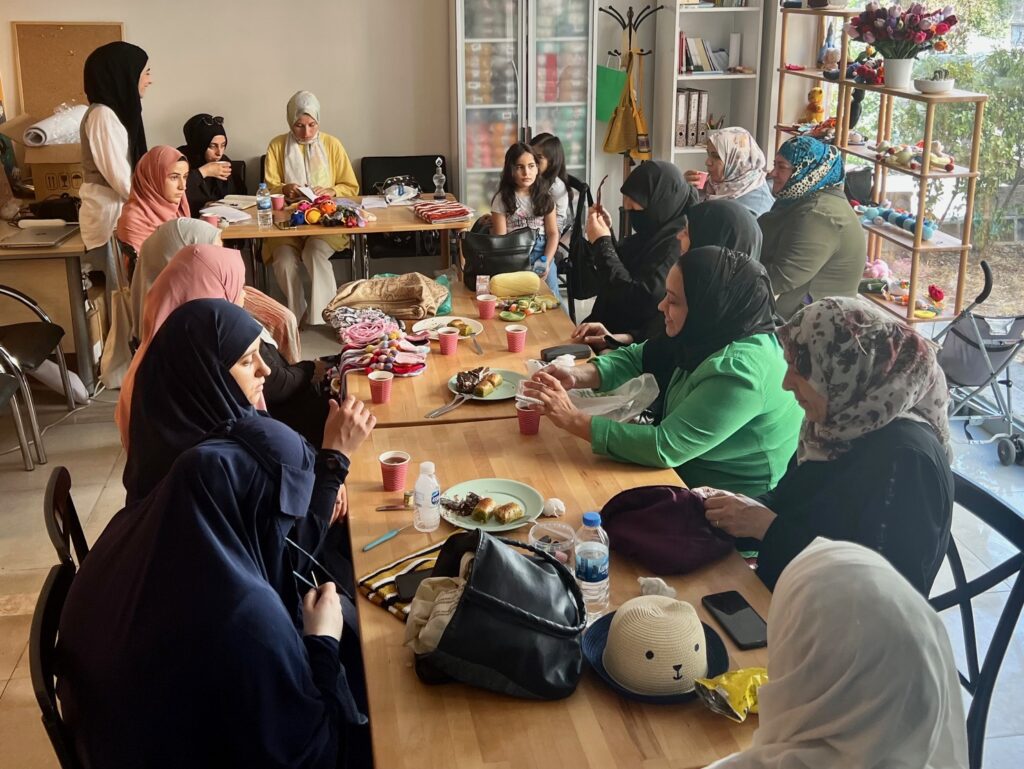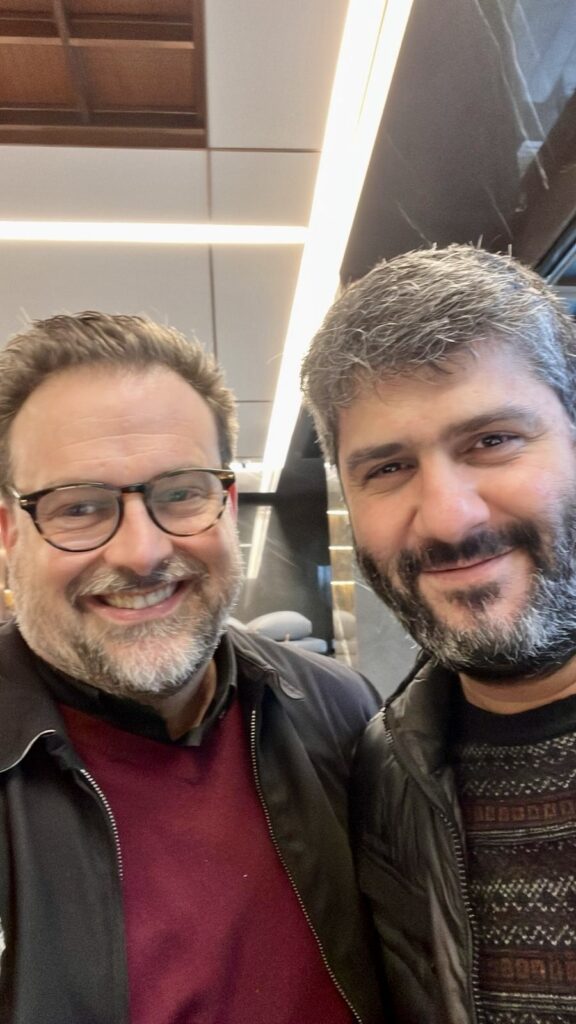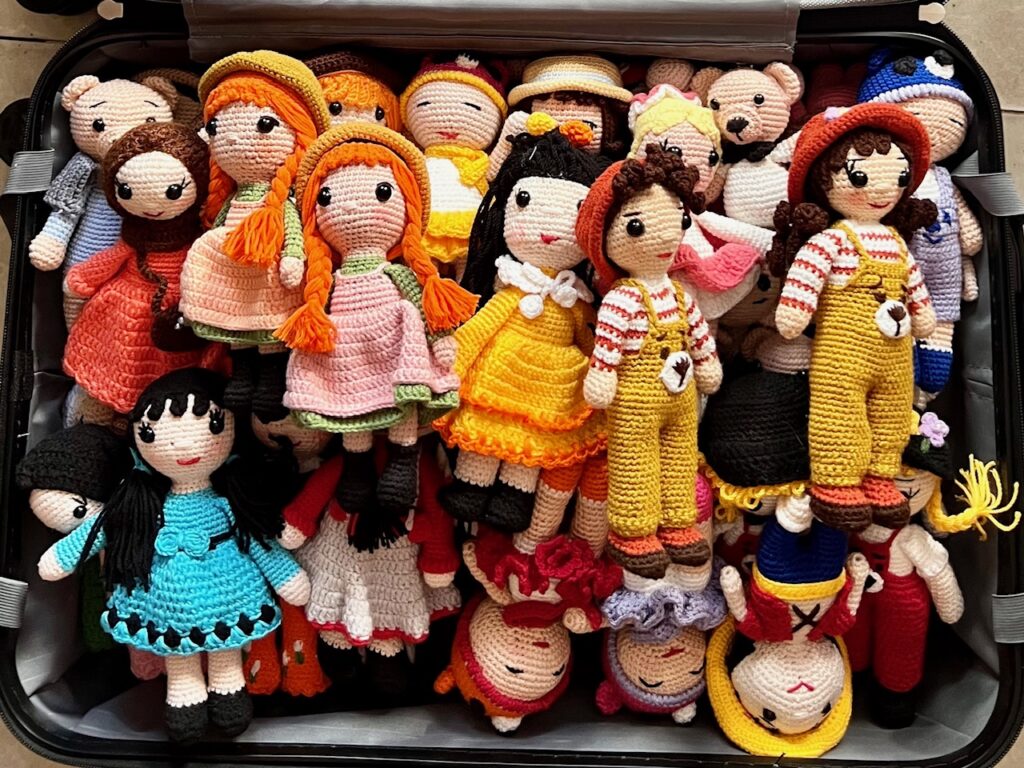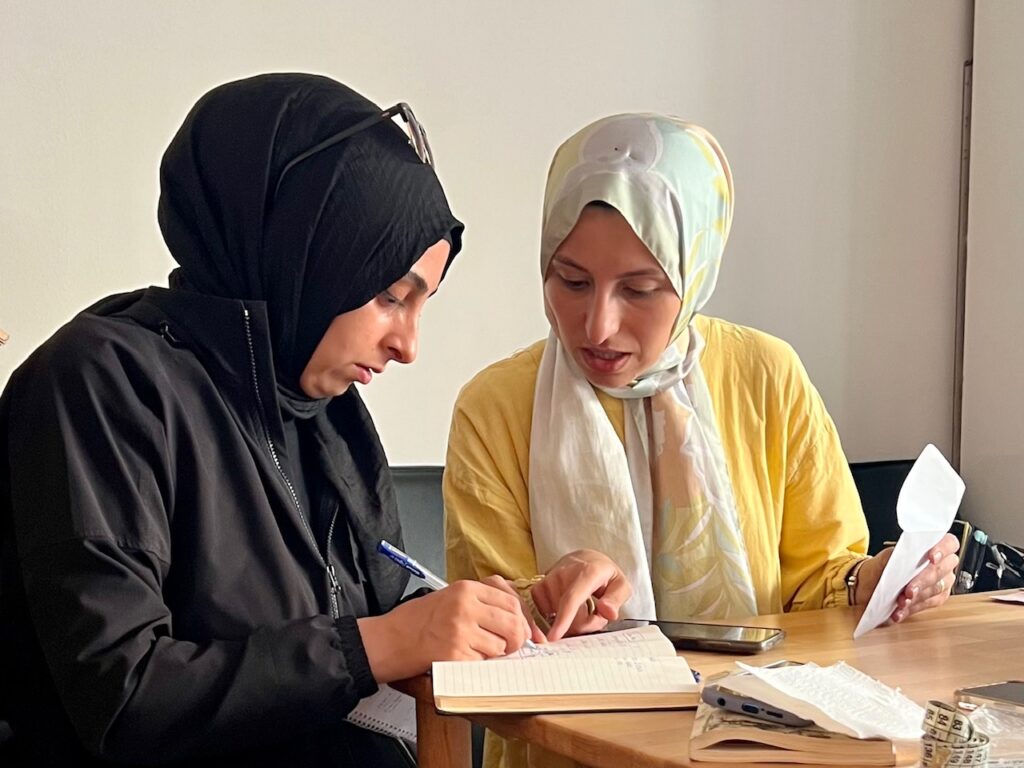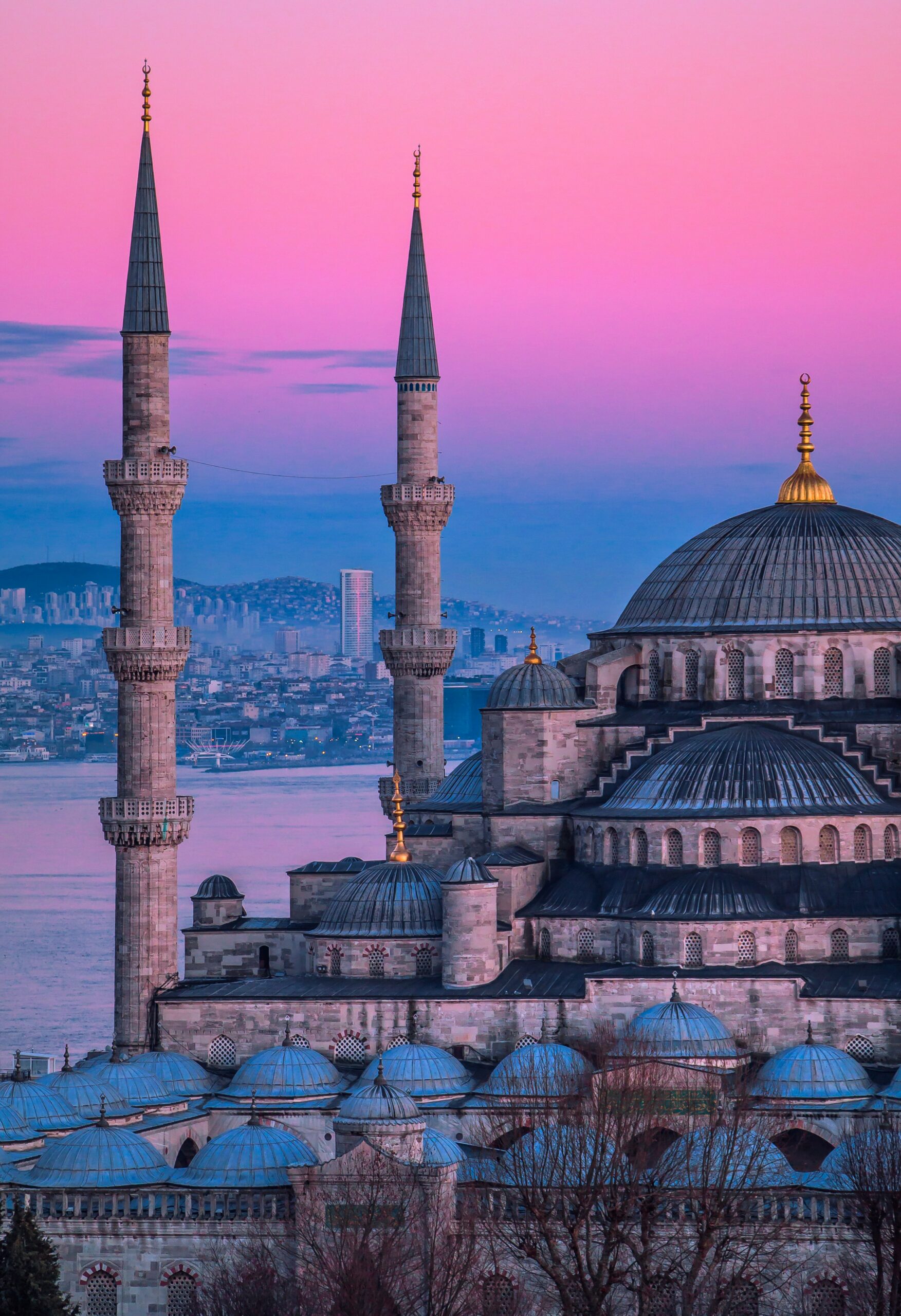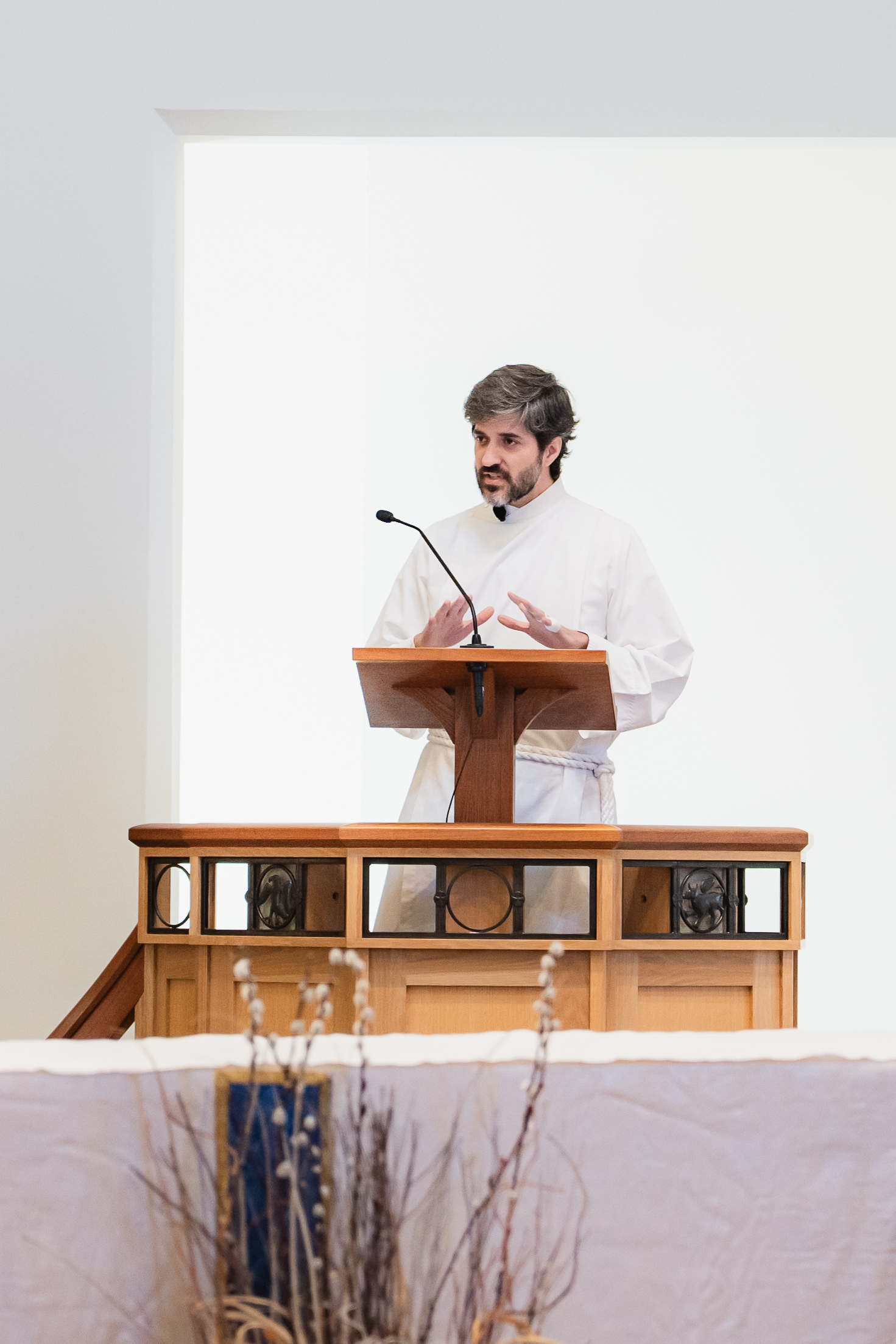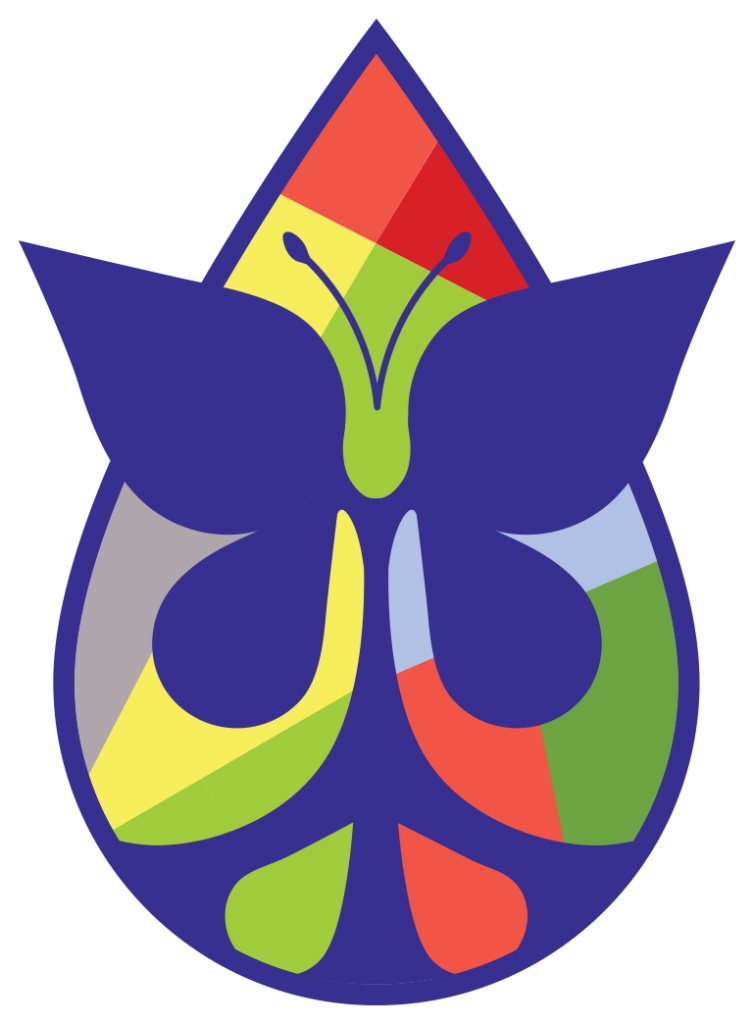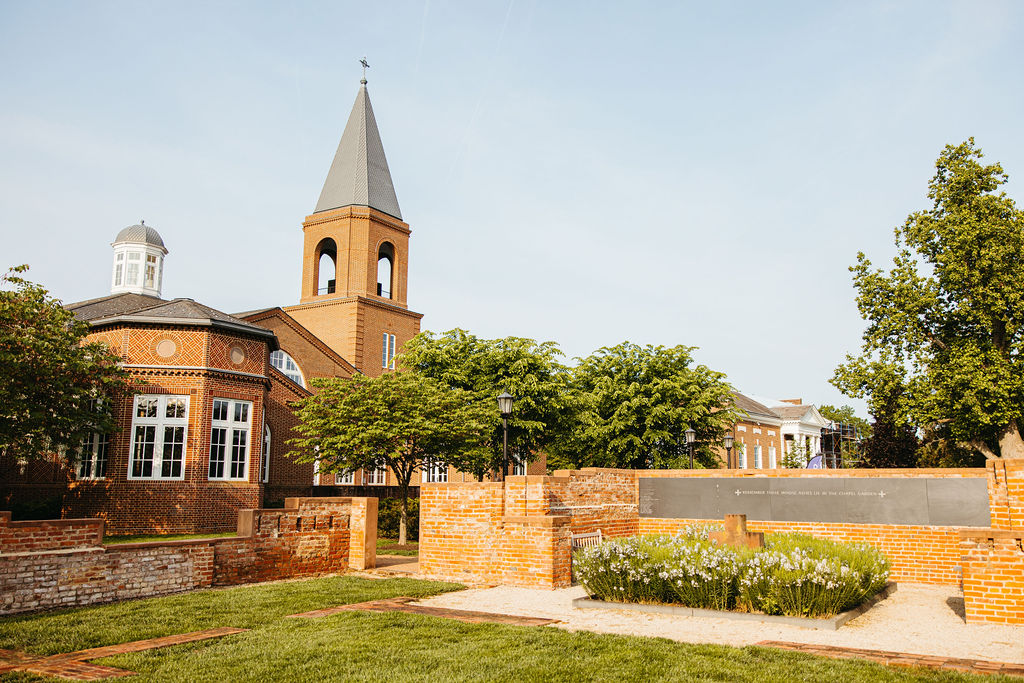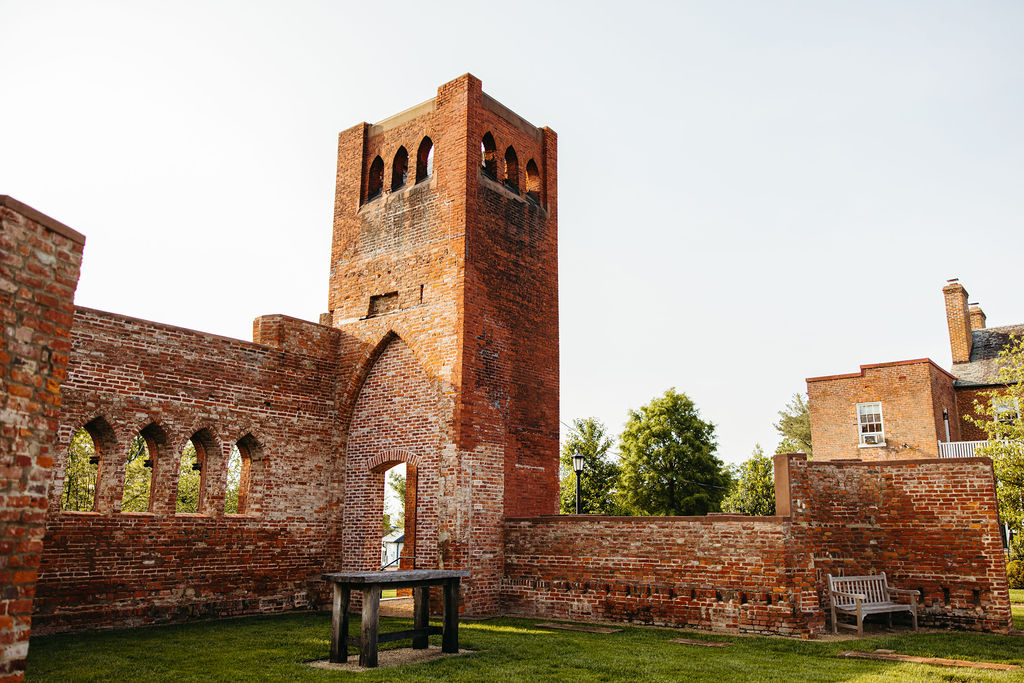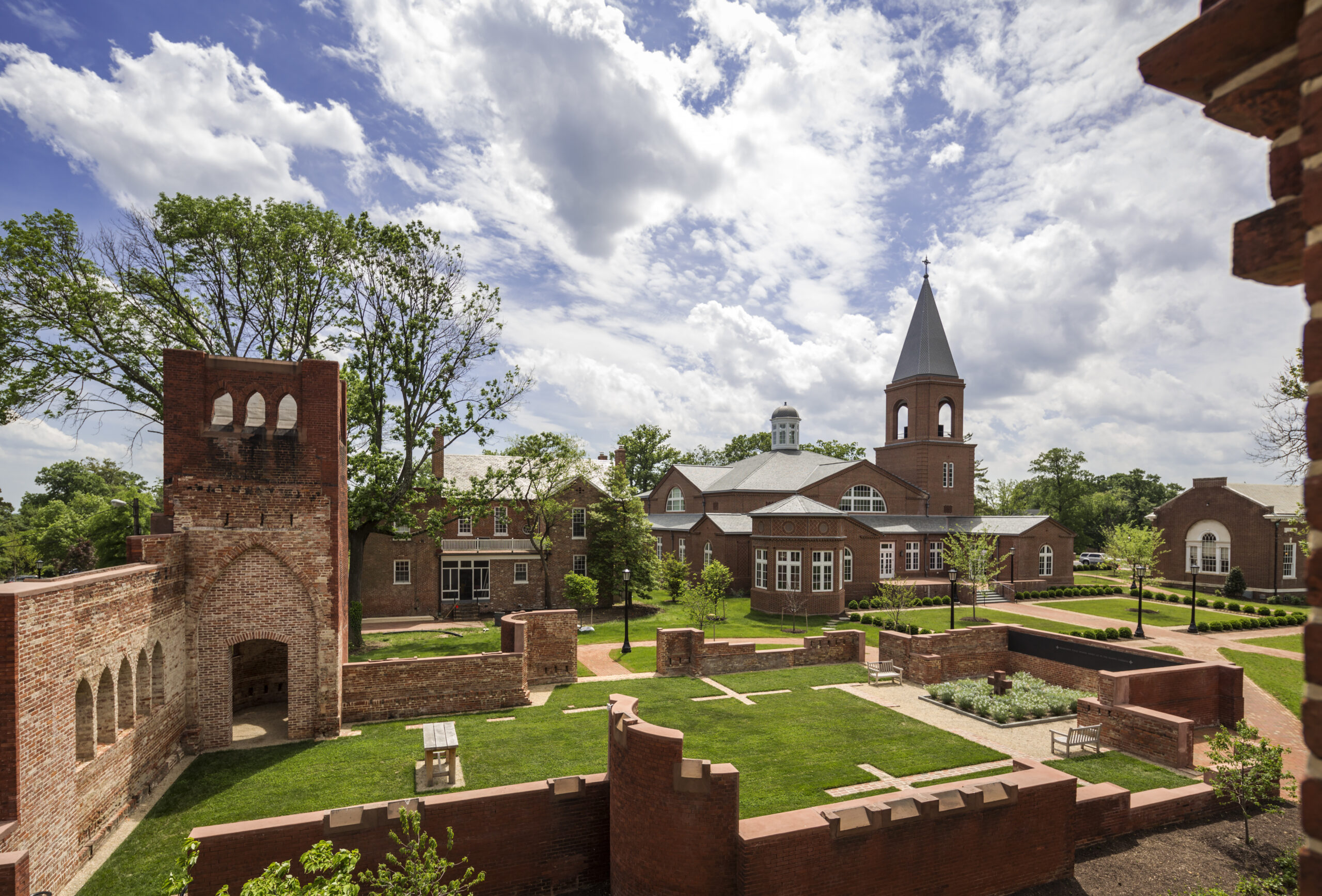Jesus was asked, “who is my neighbor?” For an expansive perspective, consider this: Syrian refugees in Turkey help sustain themselves by practicing a Japanese art form, with financial support coordinated by a Maryland priest.
Amigurumi is the Japanese art of creating small stuffed toys through knitting or crocheting. For the past several years, a group called Knitting for Hope has worked with Syrian refugees in Turkey to create whimsical small toys that can be sold locally or online.
“As a result, these widows with children in the home are able to support themselves,” said the Rev. Jeff Hual ’15. “They’re able to be self-determining and take care of their children as they see fit.” By gathering in groups in individual homes, the women develop a sense of purpose in a safe social setting.
“My job in all this is that I raise the money here in the States to keep all this mission work alive,” said Hual, who is rector of All Hallows Parish in Davidsonville, Maryland, a suburb of Annapolis. He developed a passion for Turkey during a VTS-sponsored immersion trip in 2014.
It was during that trip that he met and befriended Hakan Gülerce ’15, a Turkish sociologist, who then came to VTS for a one-year program in Christian studies while pursuing a doctorate. “I was the only Muslim student at the seminary at that time,” Gülerce said. They graduated together in 2015, then fell out of touch for a while.
When they reconnected in 2019, Gülerce was teaching at Harran University in Sanliurfa, an impoverished city in Turkey on the border with Syria, and home to a high concentration of Syrian refugees. He directs the university’s Center for Migration Policies, Application and Research.
After Gülerce told him about his work, Hual asked how he could help. Gülerce told him there were a lot of people who needed new wheelchairs, so Hual’s church held a fund drive and raised between $2,000 and $3,000.
“I said, ‘What do you need next?’ And he said, ‘We need educational supplies.’ So, we were starting to raise money for that. Then at the end of 2019, a parishioner approached me and said he needed to donate some appreciated stock, and he wanted me to use it all for the benefit of Syrian refugees. And I’m eternally grateful to this parishioner,” because it was quite a bit of money, Hual said.
There are approximately 3 million Syrian refugees in Turkey, a country of 85 million people. “The government of Turkey has done everything it can,” Hual said. “The whole world needs to recognize just how much Turkey has done to try and help the refugees. But, obviously, they are strained.”
So, in 2020, in an effort hampered somewhat by the pandemic, Hual and Gülerce began building a ministry to help refugees with extreme medical needs, and families with missing loved ones.
The organization was run by volunteers, and one of the college volunteers was a knitter. “[Knitting for Hope] has grown such that the women teach each other to knit Amigurumi products, and then we sell these on the international market,” Hual said. In addition to providing income for flexible work, the program offers a safe environment and fosters community among the women, many of whom are widows who have been traumatized by more than a decade of civil war in Syria.
Hual’s work is supported by Episcopal Volunteers in Mission, a program of The Episcopal Church’s Office of Global Partnerships. The women have been eager to build ties with The Episcopal Church. Earlier in 2024, one woman created a doll in the likeness of then-Presiding Bishop Michael B. Curry. The group also produced a batch of knitted Episcopal shields that were distributed to international visitors at the General Convention in Louisville, Kentucky.
